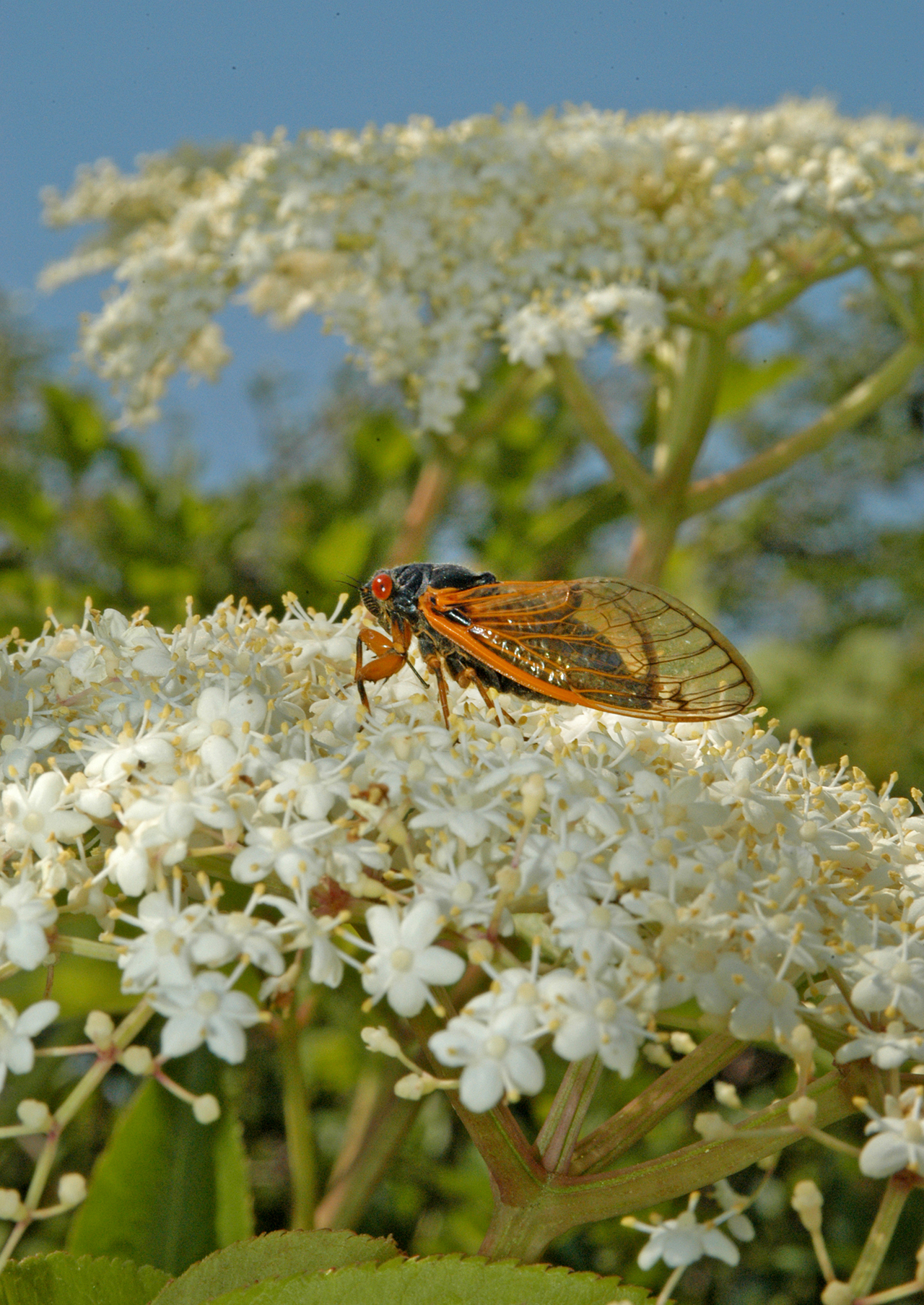(Indianapolis, IN) - Brood X cicadas will begin to emerge within the next few weeks locally and throughout the state.
The Indiana Department of Natural Resources is advising Hoosiers to remain calm. The fascinating phenomenon is normal and even though cicadas look gruesome and are loud and plentiful they are essentiall harmless, DNR officials said.
Currently, DNR said there are 12 different broods of 17-year periodical cicadas consisting of three different species. Each brood is designated by a Roman numeral. This is the year of Brood X. Brood X covers 15 states. Indiana is also home to two annual cicada species that emerge May through August and peak in July.
Brood X nymphs will emerge when the soil temperatures about 8 inches underground reach 65 degrees. A warm rain will often proceed large-scale emergence. “It’s thought that by emerging in such large numbers, they overwhelm would-be predators to ensure that enough of them will live long enough to reproduce and perpetuate the brood,” said Megan Abraham, director of the DNR Division of Entomology & Plant Pathology.
Male cicadas make the noise most often associated with cicadas by using a special organ called a tymbal. The purpose of the large choruses you hear is to attract females.
While cicadas can damage smaller-diameter branches of many species of trees and shrubs, treatment is not warranted in most cases. If you have a small number of newly planted trees, they can be protected by covering them with netting.
With the Brood X emergence, you will eventually see cicada killer wasps, which are 2-inch-long predators of cicadas. Like their scary-looking and loud prey, these beastly looking winged creatures are nothing to be alarmed about, despite their horror-movie looks, DNR said. Cicada killers attack cicadas in mid-air and use their massive, strong stingers to penetrate their shell. Once stung, their prey is paralyzed, jetted back to the nest, and eaten by the cicada killer’s offspring grub. Sometimes called cicada hawks, cicada killers are here every year, DNR said.
More information is at https://extension.entm.purdue.edu/publications/E-47/E-47.html. According to DNR, you can be a citizen scientist and report cicada emergence by downloading “Cicada Safari” on your mobile device.





